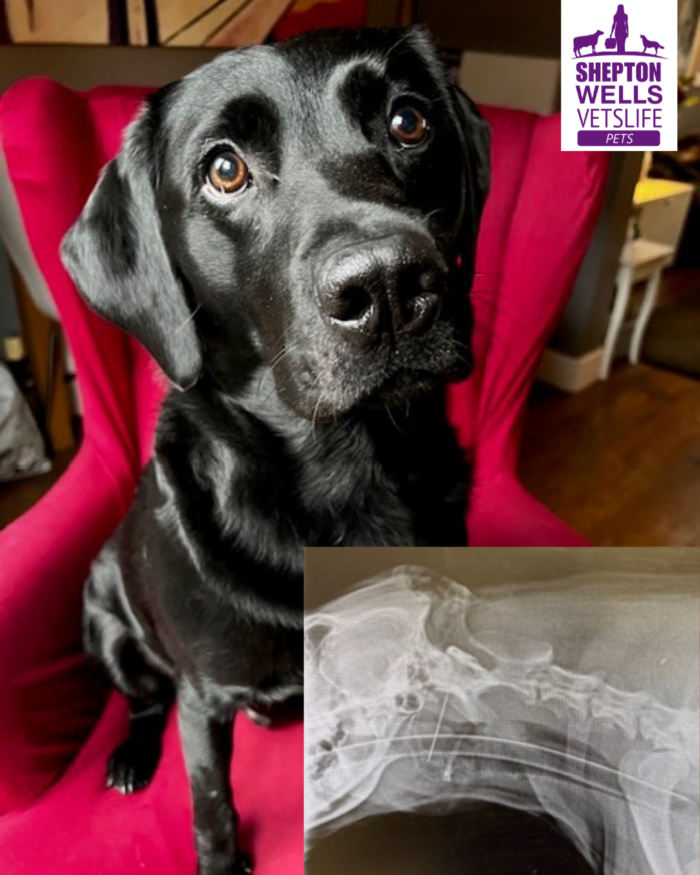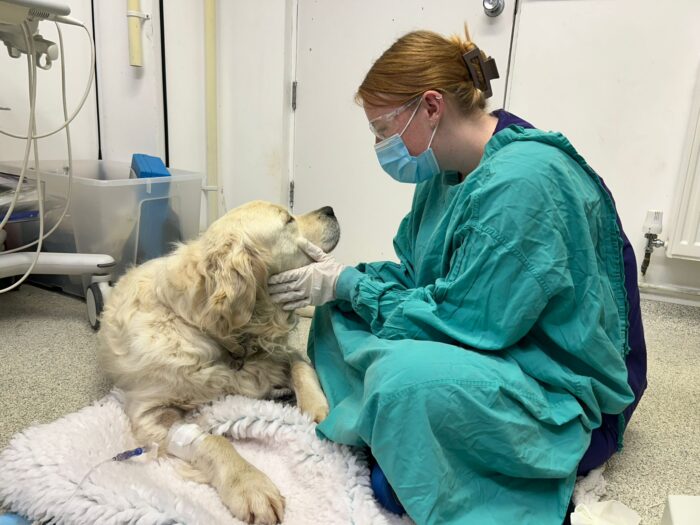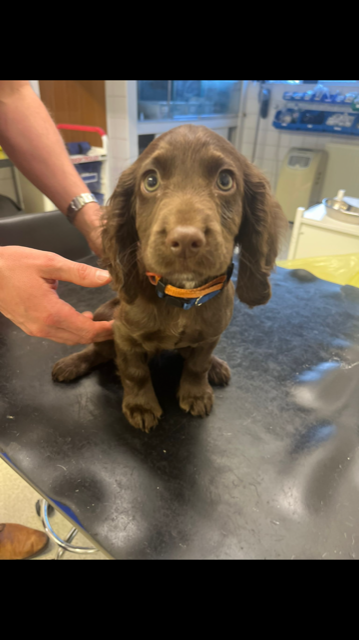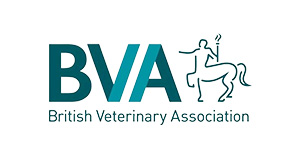Diagnostic Imaging
Our state-of-the-art Imaging Suite offers a comprehensive range of diagnostic tools, including X-ray, ultrasound, and endoscopy. These advanced technologies enable our experienced team to visualise and diagnose a wide range of conditions in pets with precision and accuracy.
Jennifer Reeve BVSc, Cert VDI, MRCVS
Veterinary Surgeon
“It is wonderful to work for a practice that is independent, we pride ourselves on a personal and caring service treating our patients as if they are our own.”

Diagnostic Imaging at Shepton and Wells Vets
Diagnostic imaging can involve a number of different techniques:
-
X-ray: Produces detailed images of bones, joints, and internal organs.
-
Ultrasound: Uses sound waves to create real-time images of soft tissues and organs.
-
Endoscopy: Involves a thin, flexible tube with a camera to visualise the inside of organs.
Both our Shepton Vets and Wells Vets centres are fully equipped with a dedicated imaging suite offering diagnostic x-ray and ultrasound, and we are also able to offer endoscopy, primarily at Shepton Vets. All of our team are experienced in routine diagnostic imaging, and we are also lucky to have a number of team members who hold further qualifications or a particular interest in the field, so that we can draw on their knowledge and experience to help for more complex cases.

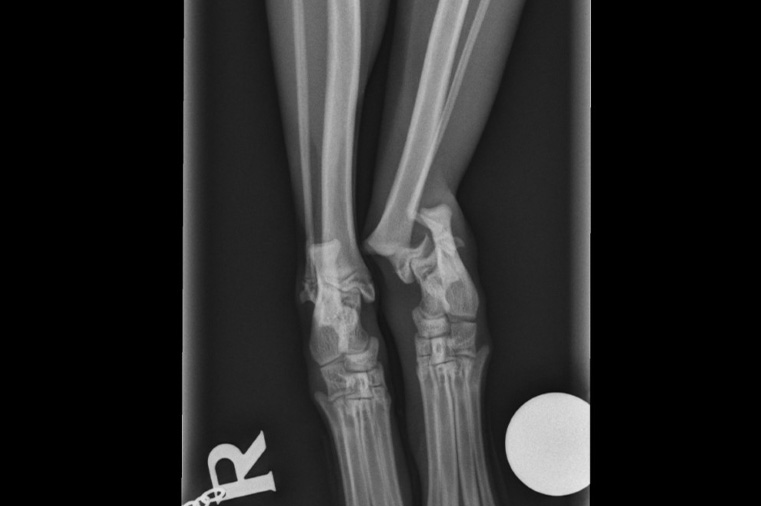
What we do
Non-invasive and accurate diagnostic capabilities. Rapid and detailed visualisation of internal structures. Early detection of abnormalities for timely treatment. Minimised discomfort and stress for pets. All handled on site by our experienced team who know your pets. No unnecessary waiting for results, getting patients treatment faster.
“For Phoebe, the speed at which the team were able to diagnose made a huge difference. It was reassuring to know her case was looked at by the same people I had met and knew Phoebes story”
Jane Pearce
Benefits of the service
- Non-invasive and accurate diagnostic capabilities
- Rapid and detailed visualisation of internal structures
- Early detection of abnormalities for timely treatment
- Minimised discomfort and stress for pets
- All handled on site by our experienced team who know your pets
- No unnecessary waiting for results, getting patients treatment faster
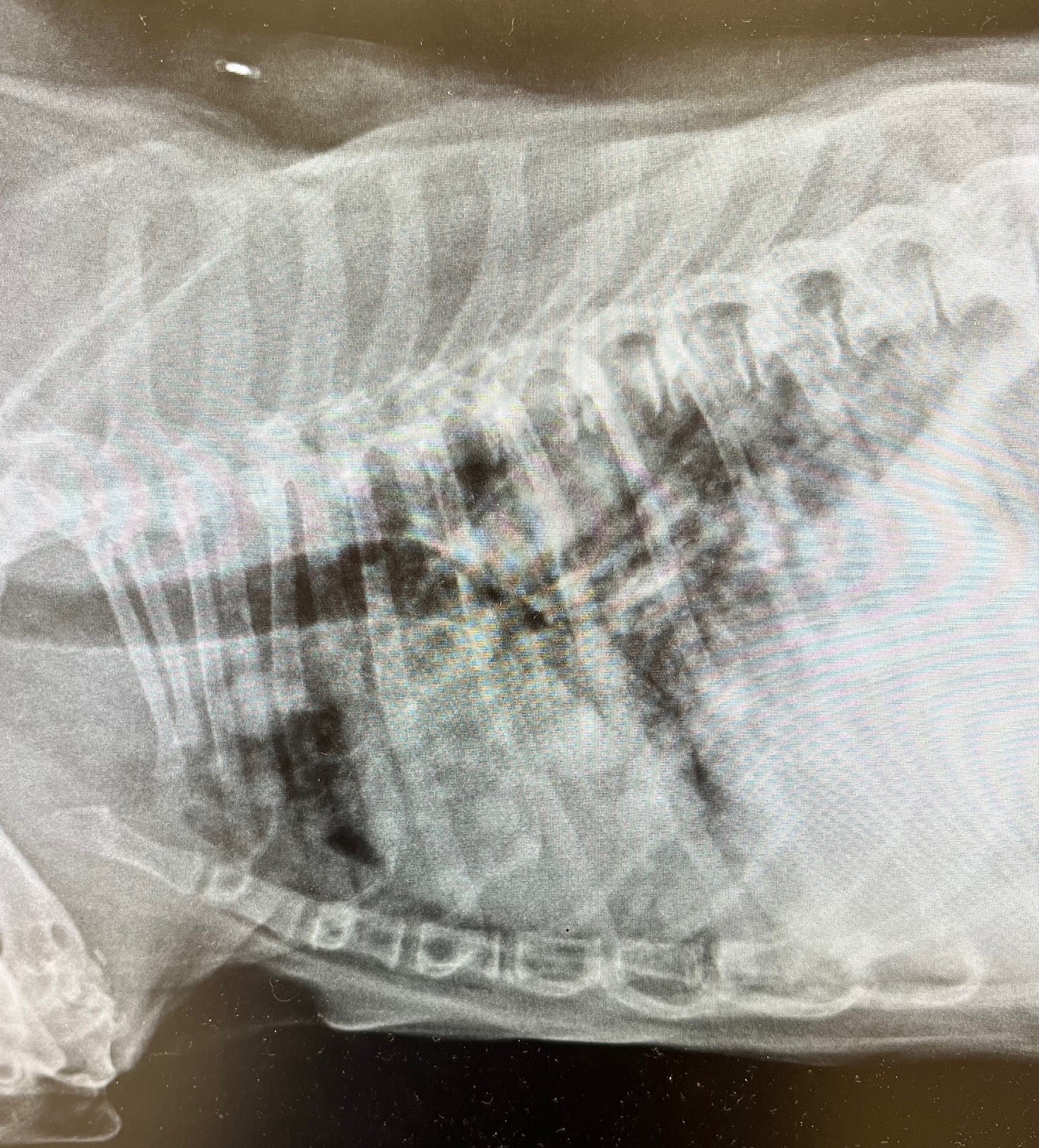
Frequently asked questions
What kind of imaging services do you offer?
We offer a variety of imaging services to help diagnose and treat your pet’s health concerns. This includes:
X-rays: These are quick and painless images that capture your pet’s bones and some internal organs.
Ultrasound: This non-invasive technology uses sound waves to create images of your pet’s soft tissues, like organs, muscles, and blood vessels.
Dental X-rays: These X-rays allow us to see your pet’s teeth and jawbones in detail, helping diagnose dental problems.
Why would my pet need imaging?
Imaging can be helpful for diagnosing a variety of conditions, including:
- Fractures and bone abnormalities
- Internal bleeding or blockages
- Tumors and other masses
- Organ problems
- Dental issues
- Pregnancy
Is the imaging process safe for my pet?
Yes, the imaging procedures we offer are safe for most pets. X-rays use a small amount of radiation, but the benefits typically outweigh the risks. We take all necessary precautions to minimise exposure, especially for younger animals.
What should I expect during my pet's imaging appointment?
You will first meet with a veterinarian to discuss your pet’s symptoms and medical history. They will then determine the appropriate type of imaging for your pet’s needs. In some cases, your pet may need to be sedated or anesthetised for the procedure, which the vet will discuss with you beforehand.
How long will it take to get the results?
In most cases, the results of your pet’s imaging study will be available within a few hours. The vet will then discuss the results with you and recommend the next steps in your pet’s care.
What if the imaging results are unclear or inconclusive?
In some cases, the results of an imaging study may not be definitive or may require further investigation. If this happens, your vet will discuss other diagnostic options with you, such as blood tests or biopsies.
Are there any alternatives to imaging for diagnosing my pet's condition?
There may be alternative diagnostic options available depending on your pet’s specific situation. Your veterinarian will discuss these options with you and help you decide what is best for your pet.
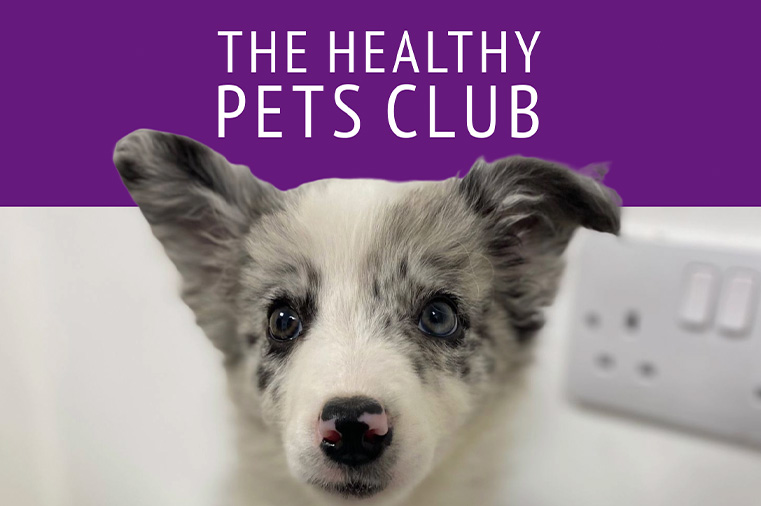
Experience Our Healthy Pets Club – A Simple Approach!
At Shepton Vets, we are dedicated to seeing your pets in the best of health. That’s why we’ve created our comprehensive Healthy Pets Club, designed to provide top-notch preventative health care products while offering you the convenience of spreading the cost.
Dash Dickinson’s Journey: Navigating the Complexities with Imaging Diagnostics
Dash was admitted and blood tests and imaging performed. X-rays ruled out a blockage and the blood tests suggested pancreatitis – this was all but confirmed on an abdominal scan with the pancreas looking abnormal and being surrounding by inflammation.




